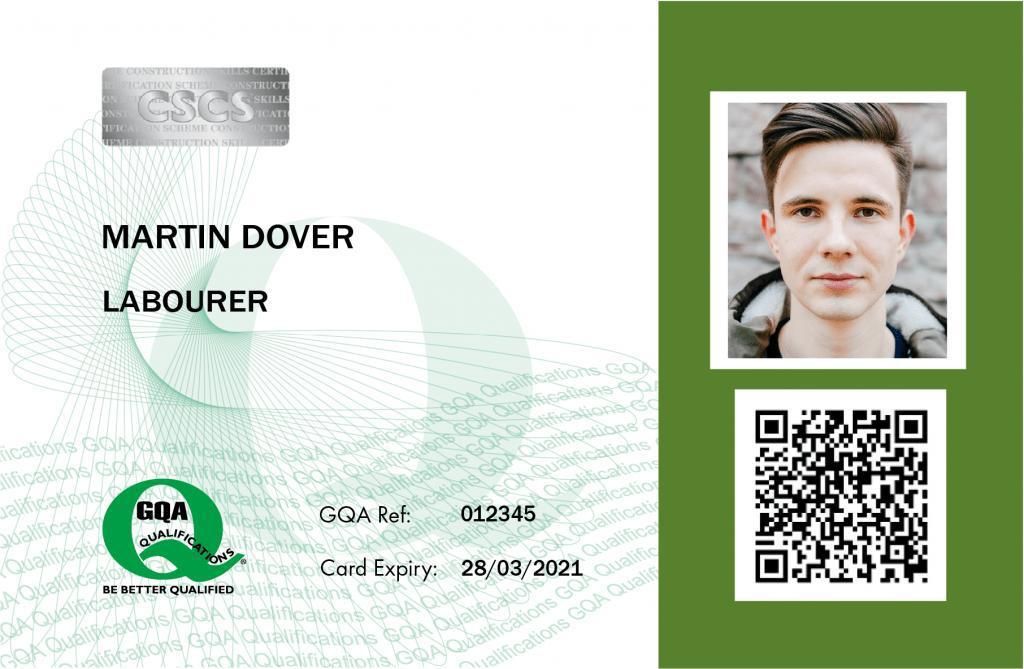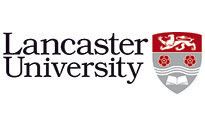
Leading and Managing Challenges and Overcoming Obstacles to Achieve Strategic Goals
Course ID: 2508114501193EGI
Course Dates : 11/08/25 Course Duration : 5 Studying Day/s Course Location: Istanbul, Turkey
Language: Bilingual
Course Category: Professional and CPD Training Programs
Course Subcategories: Operations and Process Excellence
Course Certified By: * Projacs Academy
* Professional Training and CPD Programs
Certification Will Be Issued From :
KSA
Course Fees: £3,430.88
Vat Not Included in the price. VAT may vary depending on the country where the course or workshop is held.
Click to Pay
Date has passed please contact us Sales@e-s-hub.com
Course Information
Introduction
In an era defined by rapid change and increasing complexity, the ability to lead effectively while navigating challenges is a cornerstone of organizational success. Leaders across industries are tasked with aligning teams, driving innovation, and achieving strategic objectives despite evolving obstacles such as resource constraints, market volatility, and shifting stakeholder expectations. This course delves into the art and science of leadership, equipping participants with the tools to identify, address, and overcome barriers that impede progress. Drawing on established frameworks like Kotter’s 8-Step Change Model and Lewin’s Force Field Analysis, this program bridges theory and practice, ensuring actionable insights for real-world application.
The modern workplace is rife with challenges that demand adaptive leadership. For instance, consider the case of a global technology firm that struggled to implement a digital transformation initiative due to resistance from middle management. By employing structured problem-solving techniques and fostering open communication, the leadership team not only overcame resistance but also accelerated adoption rates by 40%. Such examples underscore the critical need for leaders who can anticipate hurdles, devise innovative solutions, and maintain momentum toward strategic goals. This course addresses these gaps by providing participants with a comprehensive toolkit for managing challenges and driving sustainable outcomes.
A key focus of the program is the intersection of individual competencies and organizational needs. Many professionals excel in technical expertise but lack the leadership acumen required to navigate complex scenarios. This course bridges that divide by teaching participants how to balance analytical rigor with emotional intelligence, enabling them to inspire teams and foster collaboration. Mastery of these skills not only enhances personal career trajectories but also contributes to organizational resilience and competitive advantage. As organizations increasingly prioritize agility and adaptability, leaders equipped with these capabilities become invaluable assets.
Moreover, the course integrates insights from cutting-edge research and industry trends. Recent studies highlight the growing importance of psychological safety in high-performing teams, emphasizing the role of leaders in cultivating trust and inclusivity. Similarly, the rise of remote and hybrid work models has introduced new challenges in maintaining team cohesion and productivity. Participants will explore strategies to address these dynamics, drawing on case studies from companies like Microsoft and Salesforce, which have successfully navigated similar transitions. These examples provide a practical lens through which participants can apply theoretical concepts.
Another dimension of the course is its emphasis on ethical leadership and decision-making. In an age where corporate scandals and reputational crises dominate headlines, organizations must ensure their leaders act with integrity and accountability. Participants will examine frameworks such as the Ethical Decision-Making Model and learn how to integrate ethical considerations into everyday leadership practices. By doing so, they not only safeguard organizational reputation but also build trust with stakeholders, fostering long-term sustainability.
Ultimately, this course is designed to empower leaders to transform challenges into opportunities. Whether addressing internal conflicts, external disruptions, or systemic inefficiencies, participants will emerge with a robust understanding of how to leverage adversity as a catalyst for growth. The program’s blend of theoretical depth, practical application, and real-world relevance ensures that participants are well-equipped to drive meaningful change within their organizations.
Objectives
By attending this course, participants will be able to:
Analyze the root causes of common organizational challenges and propose evidence-based solutions.
Evaluate the effectiveness of various leadership styles in overcoming specific obstacles.
Design action plans to align team efforts with strategic goals using proven frameworks.
Implement strategies to foster psychological safety and enhance team performance.
Apply ethical decision-making principles to navigate complex dilemmas.
Assess the impact of external factors (e.g., market trends, regulatory changes) on organizational resilience.
Synthesize lessons from case studies to develop personalized leadership approaches.
Who Should Attend?
This course is ideal for:
Mid- to senior-level managers seeking to enhance their leadership capabilities.
HR professionals responsible for talent development and organizational culture.
Consultants and coaches working with clients on leadership and change management initiatives.
Project managers tasked with driving cross-functional initiatives.
Educators and trainers interested in incorporating leadership development into their programs.
Training Method
• Pre-assessment
• Live group instruction
• Use of real-world examples, case studies and exercises
• Interactive participation and discussion
• Power point presentation, LCD and flip chart
• Group activities and tests
• Each participant receives a 7” Tablet containing a copy of the presentation, slides and handouts
• Post-assessment
Program Support
This program is supported by:
* Interactive discussions
* Role-play
* Case studies and highlight the techniques available to the participants.
Daily Agenda
The course agenda will be as follows:
• Technical Session 08.30-10.00 am
• Coffee Break 10.00-10.15 am
• Technical Session 10.15-12.15 noon
• Coffee Break 12.15-12.45 pm
• Technical Session 12.45-02.30 pm
• Course Ends 02.30 pm
Course Outlines
Foundations of Leadership and Strategic Thinking
Understanding leadership theories and their practical applications.
Identifying strategic goals and aligning them with organizational vision.
Exploring the role of emotional intelligence in effective leadership.
Case study: Lessons from successful leaders in crisis management.
Day 2:
Navigating Organizational Challenges
Analyzing common barriers to achieving strategic objectives.
Applying Kotter’s 8-Step Change Model to drive transformation.
Techniques for managing resistance to change.
Group activity: Developing a change management plan.
Day 3:
Building High-Performance Teams
Fostering psychological safety and inclusivity within teams.
Strategies for enhancing collaboration and communication.
Tools for resolving conflicts and addressing interpersonal dynamics.
Role-play exercise: Mediating a team conflict scenario.
Day 4:
Ethical Leadership and Decision-Making
Principles of ethical leadership and their impact on organizational culture.
Using the Ethical Decision-Making Model to address dilemmas.
Balancing stakeholder interests while maintaining integrity.
Workshop: Crafting an ethical leadership manifesto.
Day 5:
Driving Resilience and Sustainable Growth
Assessing external factors influencing organizational resilience.
Leveraging innovation to overcome systemic inefficiencies.
Creating action plans for continuous improvement.
Final project: Presenting a leadership strategy proposal.



















































